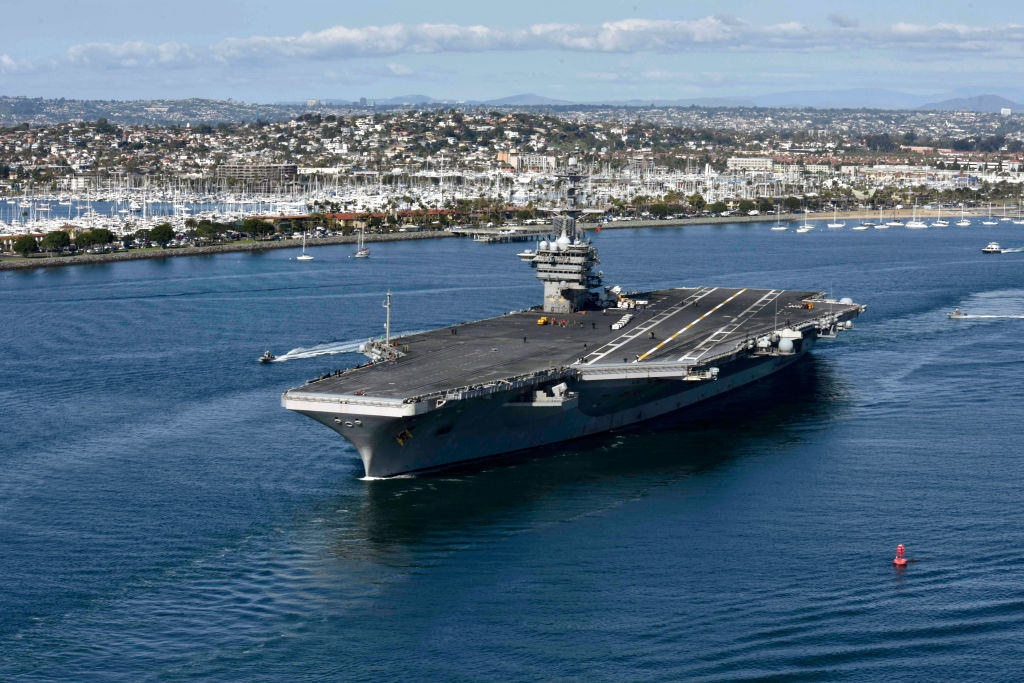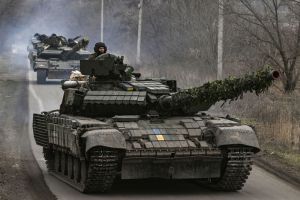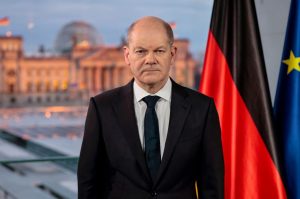Walpole, Massachusetts
What does a writer do when essentially the entire nation is on lockdown? This one — and probably many others besides — sets out to write a book. Will the coronavirus pandemic substantially change America’s role in the world? I can’t say for sure — but it should. Since the end of the Cold War, authorities in Washington have tended to define that role in terms of acquiring and using military power, behavior justified by the conviction that we Americans are indeed God’s New Chosen People, summoned to do the Lord’s work. Dispatching US troops to liberate the oppressed and spread democracy in such far-off places as Afghanistan and Iraq was an expression of American exceptionalism — the United States doing what history expects it to do.
Will American exceptionalism survive the coronavirus pandemic of 2020? A decade or so ago, I felt certain that the disastrous Iraq war, compounded by the inept government response to Hurricane Katrina and further reinforced by the debacle of the Great Recession, would suffice to demolish any further illusions about American chosenness. Then along came Barack Obama, who, through a combination of finesse and luck, restored a semblance of normalcy. Sure, the several post-9/11 wars continued, but fewer GIs were getting killed and, as unemployment rates dropped, the malls once again filled with shoppers. Dented but afloat, American exceptionalism survived, with Donald Trump arriving on the scene to put his own ‘America First’ gloss on the nation’s privileged place in history. As Trump put it in his triumphal February 2020 State of the Union Address, the United States is not only ‘the most exceptional republic ever to exist in all of human history’ but ‘we are making it greater than ever before’.
Events since have not dealt kindly with that formulation. Still, having been wrong once, I hesitate to say that this time American exceptionalism has finally reached a dead end. Yet the very singularity of what we are experiencing today suggests it might have. Apart perhaps from clueless partygoers convinced that they have a divine right to go on spring break or celebrate Mardi Gras, all Americans today live in proximate fear. Rich and poor are all vulnerable to COVID-19, except perhaps owners of mega-yachts able to bob offshore for weeks on end. In light of the past several weeks, Trump’s State of the Union speech now reads like a parody, a Charlie Chaplin-esque spoof from our own ersatz Great Dictator.
[special_offer]
In the real world, i.e., everywhere apart from the White House and Mar-a-Lago, anxiety has replaced optimism as the signature quality of the American temperament. Instead of expecting a better tomorrow, the question of the moment is, ‘Will I make it to tomorrow?’ I remember as a very young boy growing up near Chicago in the 1950s hearing the term ‘communism’ mentioned with some frequency on radio and television. Given the ominous tone of commentators when referring to it, I thought for sure that communism must be some dread disease akin to polio. Well, today the United States is under assault by a disease considerably more dangerous than the Red Threat of yore. And Dr Salk is nowhere in sight. With the national security apparatus having failed to keep Americans safe (is that not a primary responsibility of government?), authorities tell us that it is now incumbent on individual citizens to self-protect. Yet as a practical matter, self-protection entails the forfeiture of everyday freedoms. The right to assembly? Suspended for the duration. Religious freedom? With churches, synagogues and mosques shuttered, worship is permitted only in the confines of your home. And don’t even think about going to a library or a museum or a ball game. Nominally the richest and most powerful nation on the planet, the United States is today a place where you can’t even get a haircut or order a meal in a restaurant.
And what of the United States military? Its attention remains fixed in those distant places like Afghanistan and Iraq, where the Pentagon has wasted several trillion dollars in a vain attempt to create order and midwife a transition to modernity. Wouldn’t it have been nice if just a couple of those trillion had been invested in stockpiling the medical equipment that is today in desperately short supply? Meanwhile, US forces are increasingly preoccupied with protecting themselves. In the Pacific, a coronavirus outbreak has put a nuclear aircraft carrier hors de combat (its captain fired for raising the alarm about COVID-19 endangering his crew). At Parris Island, the Marine recruit depot in South Carolina, the spread of coronavirus has closed down boot camp indefinitely. Accompanied by thunderous PR, the Navy has deployed hospital ships to help relieve the stress on medical facilities in New York and Los Angeles. And army engineers are erecting temporary structures that can be used as emergency hospitals. But by and large, the world’s most powerful and most expensive military establishment is not proving terribly relevant to the most lethal national security threat to face the United States since World War Two.
The coronavirus pandemic is a curse. It should also serve as an opportunity, Americans at long last realizing that they are not God’s agents. Out of suffering and loss, humility and self-awareness might emerge. We can only hope.
Andrew Bacevich is president of the Quincy Institute for Responsible Statecraft and a Spectator contributing editor. This article is in The Spectator’s May 2020 US edition.


















